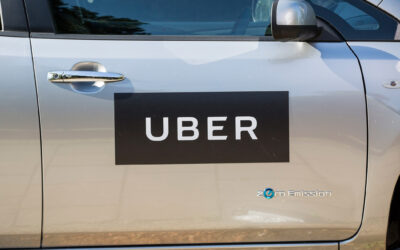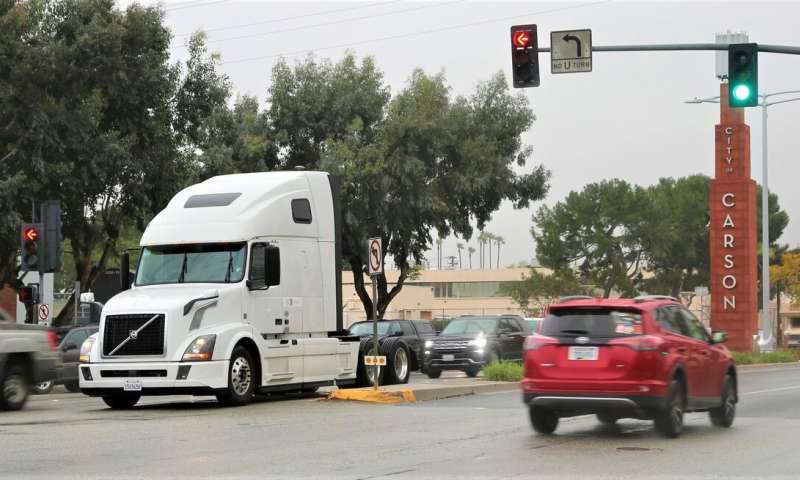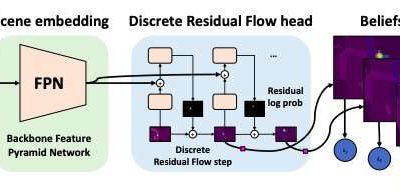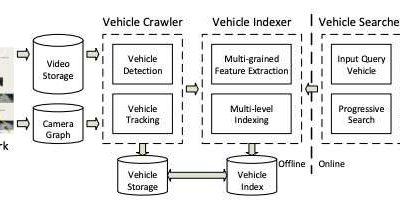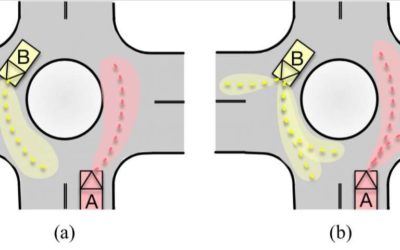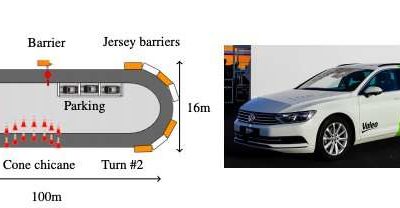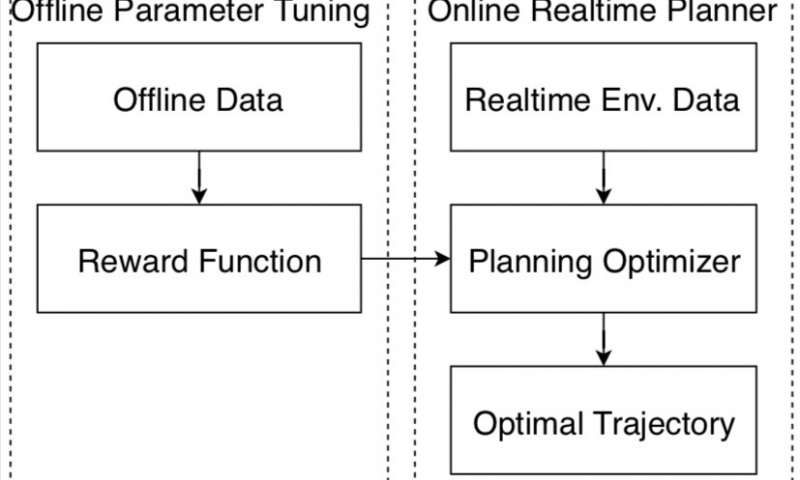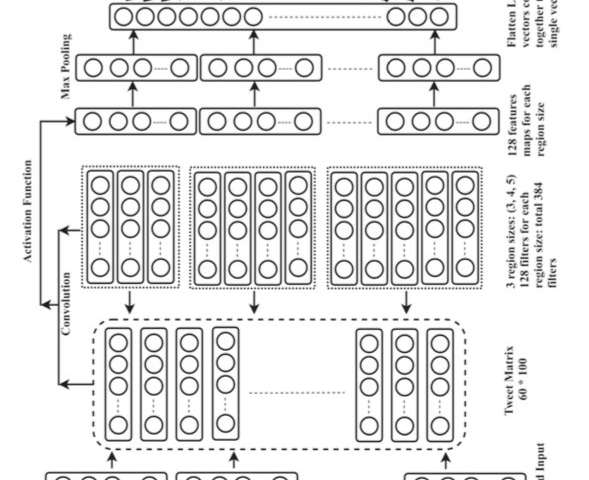Uber is suspending autonomous car tests after one of its self-driving vehicles crashed into another car in Tempe, Arizona. While no one was injured in the accident, Uber’s autonomous vehicle trials are on hold until police investigations are complete.
Automotive
Testing a connected eco-driving system in field trials with heavy-duty trucks
Currently, 90 percent of fuel used for transportation is petroleum-based, making it one of the key contributors to air pollution worldwide. Recent technological advances, however, are finally enabling the development of new tools to reduce energy consumption and...
Uber develops technique to predict pedestrian behavior, while new documents are released about last year’s accident
In years to come, self-driving vehicles could gradually become a popular means of transportation. Before this can happen, however, researchers will need to develop tools that ensure that these vehicles are safe and can efficiently navigate in human-populated...
A new vehicle search system for video surveillance networks
A team of researchers at JD AI Research and Beijing University have recently developed a progressive vehicle search system for video surveillance networks, called PVSS. Their system, presented in a paper pre-published on arXiv, can effectively search for a specific...
An interpretable model to predict the sequential motions of interacting agents
Researchers at the University of California (UC), Berkeley, have recently developed a generative model that can predict the sequential motions of pairs of interacting agents, including self-driving vehicles as well as vehicles with human drivers. Their method,...
An end-to-end imitation learning system for speed control of autonomous vehicles
Researchers at Valeo, a tech company specialized in automotive innovation, have recently developed an end-to-end imitation learning system for car speed control. Their approach, outlined in a paper pre-published on arXiv, uses a neural network with long short-term...
Baidu researchers develop a new auto-tuning framework for autonomous vehicles
Researchers at Chinese multinational tech company Baidu have recently developed a data-driven auto-tuning framework for self-driving vehicles based on the Apollo autonomous driving platform. The framework, presented in a paper pre-published on arXiv, consists of a new...
A deep learning approach to identify Twitter users’ location during emergencies
Researchers at the National Institute of Technology Patna, in India, have recently devised a tool to identify the geographical location of emergencies and disasters, as well as that of the people involved in them. Their approach, outlined in a paper in the...

